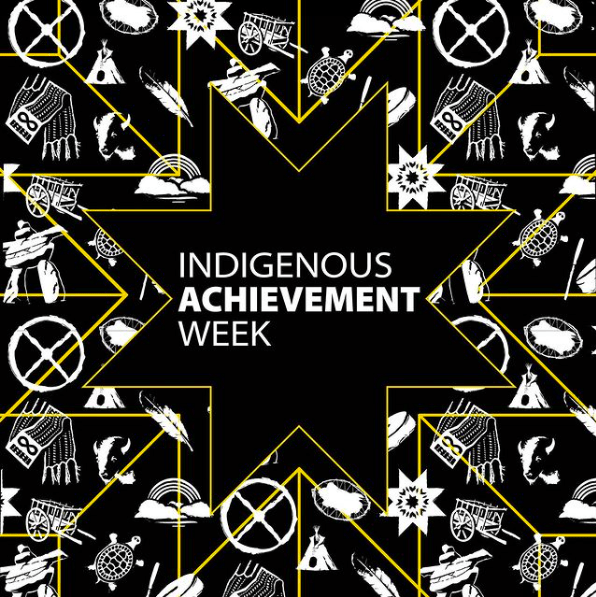
In the past, celebrating Indigenous excellence has revolved around resiliency, but this year the focus is shifting to the vision and teachings of the future.
The annual Indigenous Achievement Week recognizes the success of Métis, First Nations and Inuit students, staff, faculty and alumni at the University of Saskatchewan. Events are taking place from Feb. 1 to 5, including Beadin’ 2021 and a cultural celebration to close the week.
Nīkānihk itohtētān, walking together into the future, is the event’s theme this year.
U of S Students’ Union president Autumn LaRose-Smith was the one to suggest focusing on the future instead of resiliency when picking a theme.
“I think that oftentimes for Indigenous people, they’re having to work so hard to just succeed in everyday life that they don’t always get to take a second to just imagine what the future could be like,” LaRose-Smith said.
She says that when they brought the idea to the Elders, it also became a “teaching moment” for her, remembering that there are teachings “from our Elders and our knowledge-keepers about our future.”
“We can imagine our future and work towards the future that was imagined by them to create a better life,” LaRose-Smith said.
Graeme Joseph, chair of the Indigenous Achievement Week Planning Committee, says that much of the planning discussions focused on the question of what is most important to the committee and the students.
“A lot of the conversation revolved around COVID, around issues of racial injustice and this deep desire within our community to see change, to initiate change and to lead change from an Indigenous perspective,” Joseph said.
They then approached the community knowledge-keepers and Elders to discuss their intentions for IAW, an important step when embarking on important work, according to Elders.
“When we spoke to them about our wishes, and this idea of moving forward together into the future, they provided us with some words by which to express that within the plains Cree [language].”
Joseph says this year’s theme came into being out of this intention to move forward together as Indigenous and non-Indigenous people.
“It’s this call for our communities, and for everyone, to work for a better future together,” Joseph said.
IAW has been happening for at least three decades now, says Joseph. It was known as Aboriginal Awareness Week and the name was later changed to Aboriginal Achievement Week. In the late 2000s, it was changed once more to what it is today, with many in-person events usually planned throughout the week.
This year, all events are happening remotely due to the COVID-19 pandemic, making this IAW unique. LaRose-Smith is optimistic about having virtual events. Although she will not see students proudly standing beside each other for a picture like last year, they have the opportunity to reach a larger audience.
“This is an awesome way to engage students [and] families who might have never been able to come up to Saskatoon and to Gordon Oakes, or take the day off,” LaRose-Smith said.
LaRose-Smith says she is excited for Beadin’ 2021, and more importantly, the awards ceremony. They look forward to calling the names of the students and giving them the “true recognition that they deserve for being remarkable.”
“I think that’s really the heart of Indigenous Achievement Week, that award ceremony,” LaRose-Smith said.
LaRose-Smith says that she is happy to have been part of the planning committee and to have worked with other university members.
“There is somebody from almost every department … who are non-Indigenous [and] Indigenous,” LaRose-Smith said. “We’re working together to make sure that this is happening, and it’s just really beautiful to see.”
—
J.C. Balicanta Narag | Editor-in-Chief
Photo: Instagram | @usaskalumni
Leave a Reply